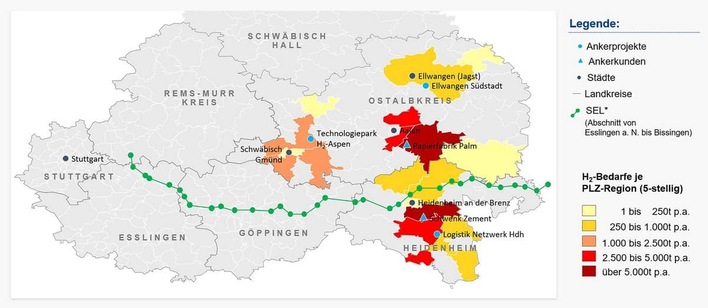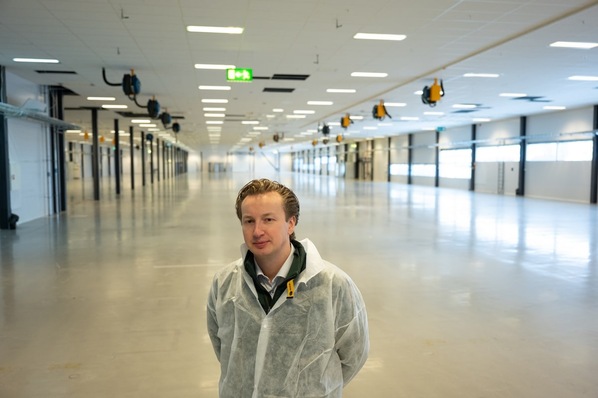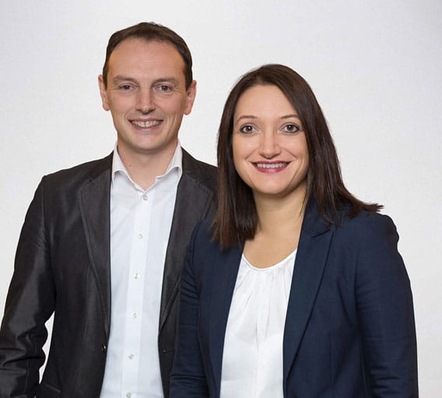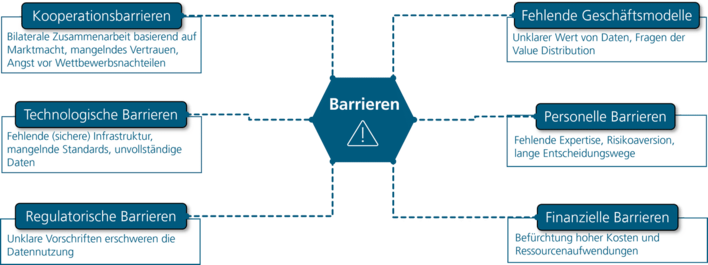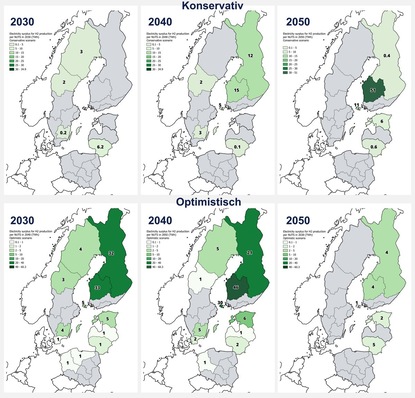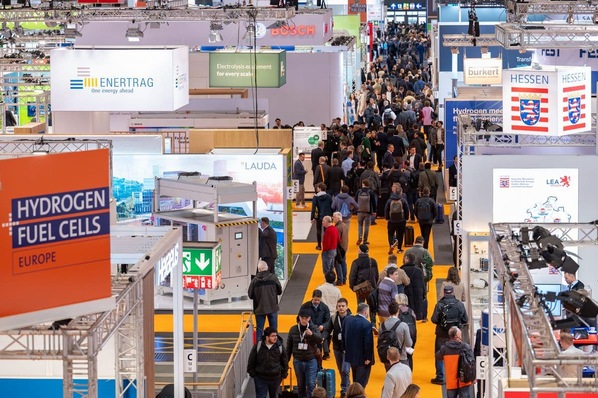At the meeting of EU energy ministers in Luxembourg, the member states discussed Europe's future energy supply. The focus was on phasing out Russian energy imports, strengthening the resilience of the energy infrastructure and expanding renewable and low-carbon energy sources. In this context, the German Association of Energy and Water Industries (BDEW) proposed the establishment of a European hydrogen alliance.
“Phasing out energy imports from Russia is the right political step,” said Kerstin Andreae, Chairwoman of the BDEW Executive Board. This would not jeopardize the gas supply in Germany and Europe. Rather, the diversification of the gas supply must be driven forward. The remaining volumes from Russia would have to be replaced by supplies from other countries. Europe faces international competition in this respect.
In order to secure the supply in the long term, BDEW, together with twelve other German energy and business associations, is proposing the establishment of a European hydrogen alliance. This alliance should advocate an ambitious and implementation-oriented hydrogen policy. It could also serve as a platform to establish strategic partnerships with non-EU countries such as the United Kingdom and Norway as well as other potential importing countries.
“Joint European efforts to promote renewable and low-carbon gases, biogas and hydrogen remain strategically important,” said Andreae. Another key topic at the meeting was the resilience of the energy supply. BDEW is calling for the expansion of renewable energy plants in Europe to be accelerated and for critical infrastructures to be better protected against physical and digital threats. The background to this includes hybrid attacks on energy systems and security gaps in communication components in inverters.
The association also supports the EU Commission's plans to accelerate the expansion and modernization of cross-border electricity grids with the “EU Grids Package” announced for the end of 2025. The aim is to ensure security of supply, competitiveness and climate neutrality through robust, digitalized and interoperable grids. The grid package also offers the opportunity to simplify planning and approval procedures as well as financing.




